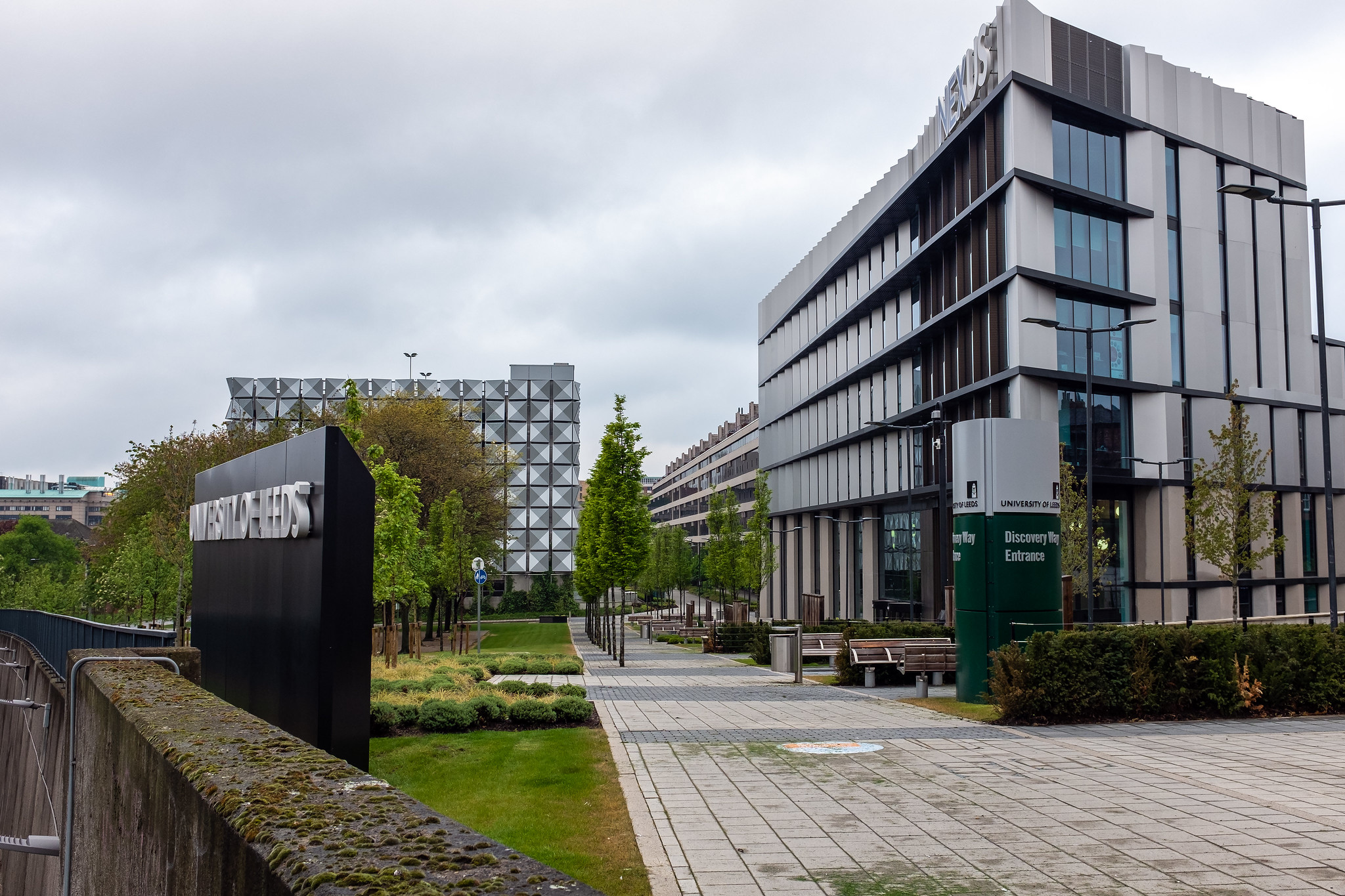To help reduce the pressure on hospital staff, over 1000 final year medical and nursing students at the University of Leeds have been fast-tracked into the NHS, enabling them to work as junior doctors sooner than under normal circumstances in order to help the NHS tackle coronavirus.
The General Medical Council advised that all final year students who have met the requirements of their medical school can be registered as doctors, and many universities have complied with this.
This nationwide scheme to fast track 5th year students is designed to help relieve the strain on NHS staff and utilise the skill and expertise of final year medics across the country.
Dr Lead, a programme leader at the University of Leeds estimated that 70-80% of students nationwide have chosen to start early as junior doctors. Some have commenced their vital work already and many are due to start in the next few weeks. This is something the University of Leeds graduate cohort are “greatly looking forward to”, according to a newly qualified doctor from the university.
Dr Jos Scherewode is a newly qualified medicine graduate of the University of Leeds. He told me that graduated doctors were offered the chance to help out at local hospitals. He has been offered a job as part of this scheme and is “raring to go”.
He said “I find it frustrating if anything, being sat at home waiting to start when I could be helping, I think a lot of us feel that way”. As part of this arrangement to help with Covid-19, Dr Scherewode will be starting his first foundation year as a junior doctor early, instead of in August as it was previously due to commence.
It is a difficult time to begin work. The NHS is facing its biggest challenge ever, with an influx of seriously ill patients, requiring ventilators, intensive care, and rehabilitative treatment. The death toll is a very distressing reality for staff and bereaved families alike. However, hospitals, particularly those in the Leeds locality had extensively planned in order to deal with the virus, and have coped well throughout.
Dr. Scherewode was positive about the NHS’ response to Covid-19.
“From what I’ve heard from colleagues a few years ahead of me, teamwork is strong and the NHS is fighting strong and getting through”.
Dr. Jos Scherewode
He was, however, worried about the aftermath of the pandemic, with a backlog of non-emergency procedures to carry out. Many non-urgent operations were cancelled because of the pandemic, meaning the NHS will have to make up time to process these surgeries.
Despite inevitable anxieties about the coronavirus, he felt prepared to begin and fully supported. “My training at Leeds has been excellent, and throughout this whole final year I have felt more and more ready to start work”. The medicine programme at Leeds involves a sustained placement period throughout the final year of University.
The Medical School have been in regular contact, and orchestrated a mentoring scheme with senior NHS staff to assist newly qualified students. Jos said “our job has been specifically designed to ensure supervision at all times”, and Dr Lead clarified that they won’t be put in roles that are out of their depth, such as on the front line.
Throughout these testing times, NHS workers have been “more supported by each other, public and patients than ever before”. There have been overt displays of appreciation for NHS workers, such as weekly clapping, as well as large charitable donations from the likes of Captain Tom Moore.
It is hoped that the organization will continue to be supported by the public in the aftermath of Covid-19, as the country recovers from this grievous medical emergency. Many previous medical students from the University of Leeds will play an essential role in this effort.
All images credited to George Stamets. See more of his photos on Flickr, Instagram or website.

